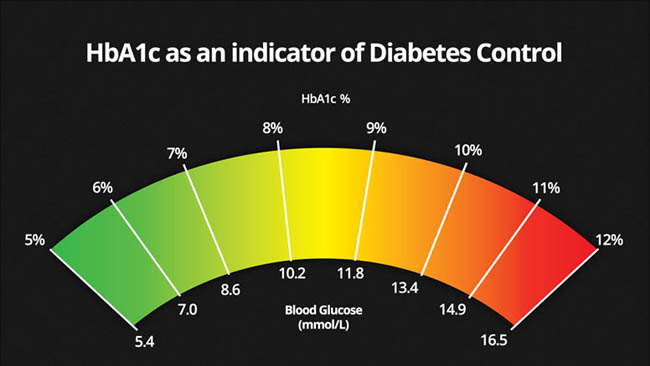
Jaipur,
October, 2020.
The
latest findings of the India Diabetes Care Index (IDCI®) suggest
that glycosylated hemoglobin or HbA1c level did not deteriorate despite the
lockdown, in fact it changed from 8.50% to 8.32% in April to June 2020 in
Jaipur than the previous quarter. IDCI® is a part of the 'Impact India:
1000-Day Challenge' programme by Novo Nordisk India and serves as a guiding
tool for the status of diabetes care across multiple cities, states, and the
country as a whole.
The HbA1C
value gives an idea about the average blood glucose level over three months in
an individual and is one of the best-recommended indicators of long-term blood
glucose control. Approximately 300 people with an average age of 56 years
were part of the assessment in Jaipur, out of which 39% were male, and 61% were
female. Furthermore, the average postprandial glucose level in the quarter was
265 mg/dl, and the average fasting glucose level was 170 mg/dl.
Speaking about the change in HbA1c level in Jaipur, Dr Ajay Shah, Senior
Endocrinologist from Jaipur, said,
"The latest IDCI finding is positive and it signifies that people with
diabetes are very conscious about managing the disease within the confines of
their homes as social distancing restrictions and staying at home have been
continuously encouraged. I hope that this trend continues despite the pandemic and
the process of unlocking taking place."
The change
in HbA1c level is a sign of relief as
people with diabetes have a higher risk of developing severe
complications from COVID-19. It has been shown older adults and
people with pre-existing medical conditions like hypertension, heart disease
and pulmonary disorders and obesity-related conditions are also at a higher
risk of experiencing severe complications due to COVID-19.
People
with diabetes should maintain an adequate stock of medications and supplies for
monitoring blood glucose at home. Any warning signs like difficulty in
breathing or shortness of breath, fever, dry cough, tiredness, aches and pains,
sore throat, headache, loss of taste or smell etc. should not be ignored and
medical attention should be sought immediately.
At present, more than 77 million
people are living with diabetes in India. The Government of India has made
provisions forall known/ diagnosed people with diabetes to receive a
regular supply of medicines for up to three months through ASHAs or SHCs on
prescription.Talking about the
IDCI programme, Dr Anil Shinde, Trustee, Novo Nordisk Education Foundation said,
"The quarterly data generated through IDCI®as a part of the IMPACT India
programme has helped us identify the trend in HbA1c level across major cities in the country. We have observed
that people with diabetes in cities like Kolkata,
Chandigarh, Hyderabad, Goa and Guwahati have been able to maintain
low glycohemoglobin level in the current scenario by following a strict regimen
involving a healthy diet and regular exercising. An optimum practice of
diabetes management at home is recommended right now as our medical systems are
inundated with tackling the COVID-19 pandemic."
The
'Impact India: 1000-Day Challenge' programme was launched in November 2018 to
address the issue of sub-optimally controlled diabetes in India. The programme
aims to reduce the national average of HbA1c by 1%, which can help decrease the
risk of diabetes-related complications.
Based on big data analytics, iDCI® has been providing a
real-time view of the average HbA1c in India across select cities. Under the
Impact India programme, digital platforms are being leveraged to partner with healthcare
practitioners (doctors and paramedics) to evolve and implement an approach to
diabetes care appropriate for India. iDCI® is a dynamic tool that
not only tracks the status of diabetes care but also helps to increase
awareness, motivate and sensitise the healthcare professionals (HCPs) and
society. The IMPACT India programme
will continue its three-pronged approach over the next one year through
interactions with healthcare practitioners (HCPs), societal/patient engagement
and monitoring.